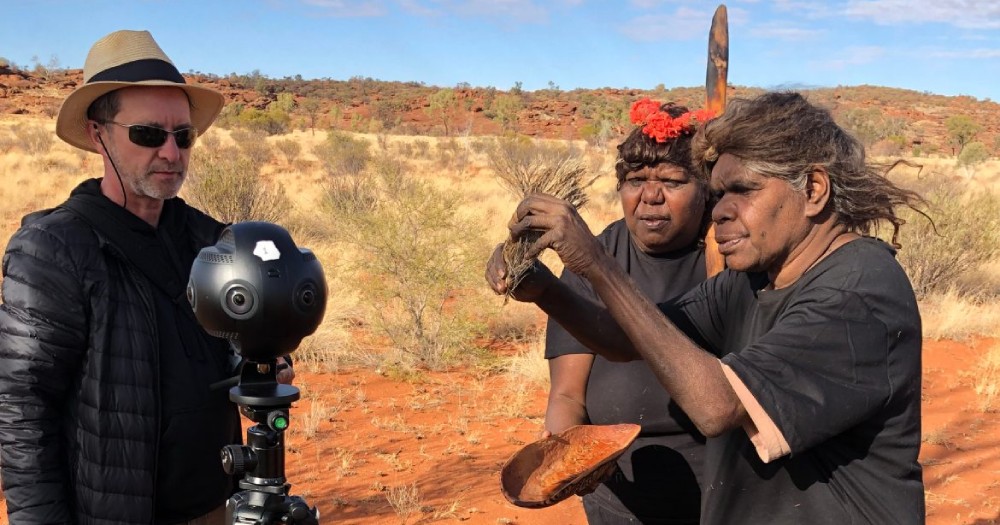VR tech used to treat Indigenous trauma in Australia

A pioneering project at UNSW Sydney has secured a AU$2.8 million grant from the Medical Research Future Fund (MRFF) to address trauma in regional and remote Indigenous communities. Led by Professor Jill Bennett, the Transforming Trauma project aims to develop virtual reality (VR) tools that are both innovative and culturally sensitive.
The funding represents a significant step forward in utilizing arts-based therapies to support mental health, especially among Aboriginal communities.
How does it work?
The Transforming Trauma project is focused on developing Indigenous-led VR tools designed to help users process and understand the feelings associated with trauma. Unlike traditional clinical VR tools, which are often used in controlled settings for exposure therapy, these tools emphasize a more community-oriented, culturally informed approach.
"We're providing communities with tools that make sense of feelings and experiences associated with trauma, and which support the processing of trauma," says Prof. Bennett.
By immersing users in audio-visual experiences that evoke personal and cultural narratives, these tools offer a unique method of addressing both immediate and intergenerational trauma.
The VR experiences will be co-created with Aboriginal communities and will target various groups, including young men transitioning from the justice system and young mothers. Aboriginal organizations like We Al-li, NPY Women's Council, and Mawarnkarra Health Service will collaborate to ensure the tools are relevant and effective for their communities.
Why does it matter?
This VR initiative is groundbreaking because it integrates contemporary trauma theory with Indigenous knowledge, creating a platform for healing that is both innovative and culturally grounded.
"Creativity is the key to an integrated and culturally responsive approach to mental health," notes UNSW Arts, Design & Architecture Dean, Professor Claire Annesley.
The use of VR as a therapeutic tool opens up new possibilities for how mental distress can be managed, particularly in communities that might not have easy access to conventional mental health services. The impact of this project could be far-reaching, providing a template for future mental health initiatives that respect cultural contexts and histories.
The context
Indigenous communities in Australia face unique health challenges, including higher rates of trauma stemming from historical, social, and intergenerational factors. The MRFF grant comes under the Indigenous Health Research Fund, an 11-year program supporting First Nations-led research aimed at closing the health and mortality gap for Aboriginal people. The project builds on previous efforts by Prof. Bennett and her team, including immersive VR workshops in the town of Warwick, Queensland, where local communities used these tools to confront the effects of youth suicide.
The team behind Transforming Trauma, including Indigenous midwife and artist Marianne Wobcke and immersive media designer Volker Kuchelmeister, has already made waves internationally. Their VR work, "Perinatal Dreaming," won the Grand Jury Prize for Best VR at The Sheffield Documentary Festival, highlighting the therapeutic potential of VR in addressing perinatal and intergenerational trauma.
As Prof. Bennett emphasizes, this project aims to fast-track real-world applications of these innovative tools, bridging the gap between research and meaningful community impact.
💡Did you know?
You can take your DHArab experience to the next level with our Premium Membership.👉 Click here to learn more
🛠️Featured tool
 Easy-Peasy
Easy-Peasy
An all-in-one AI tool offering the ability to build no-code AI Bots, create articles & social media posts, convert text into natural speech in 40+ languages, create and edit images, generate videos, and more.
👉 Click here to learn more


